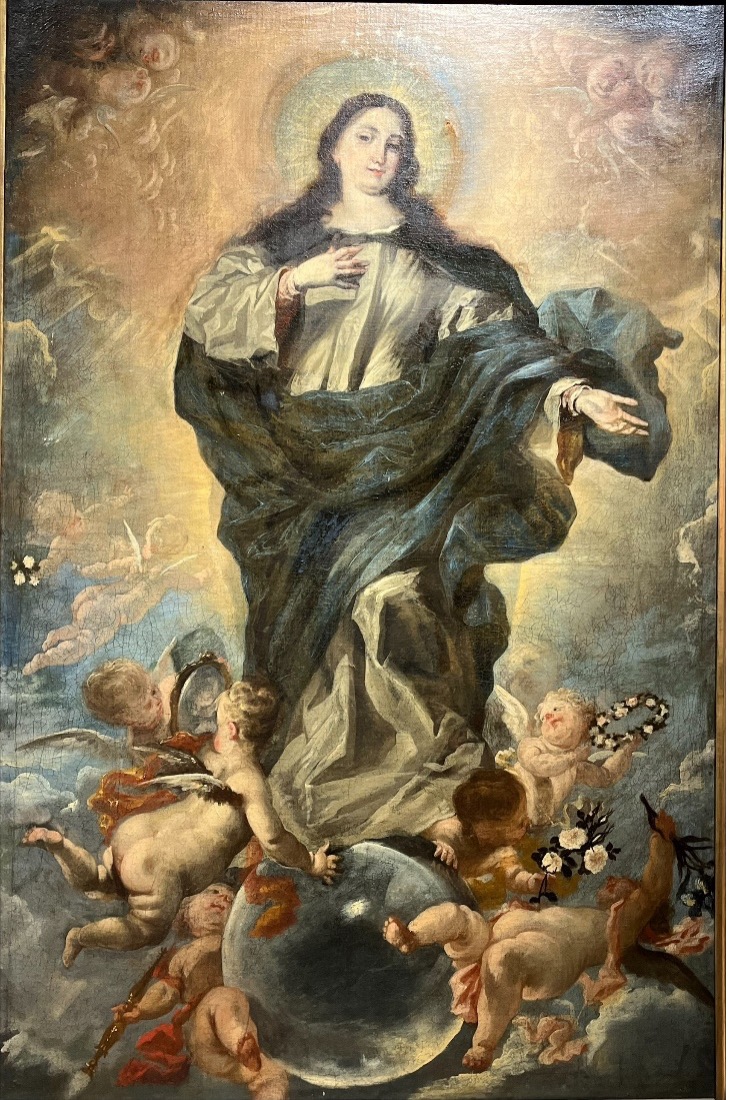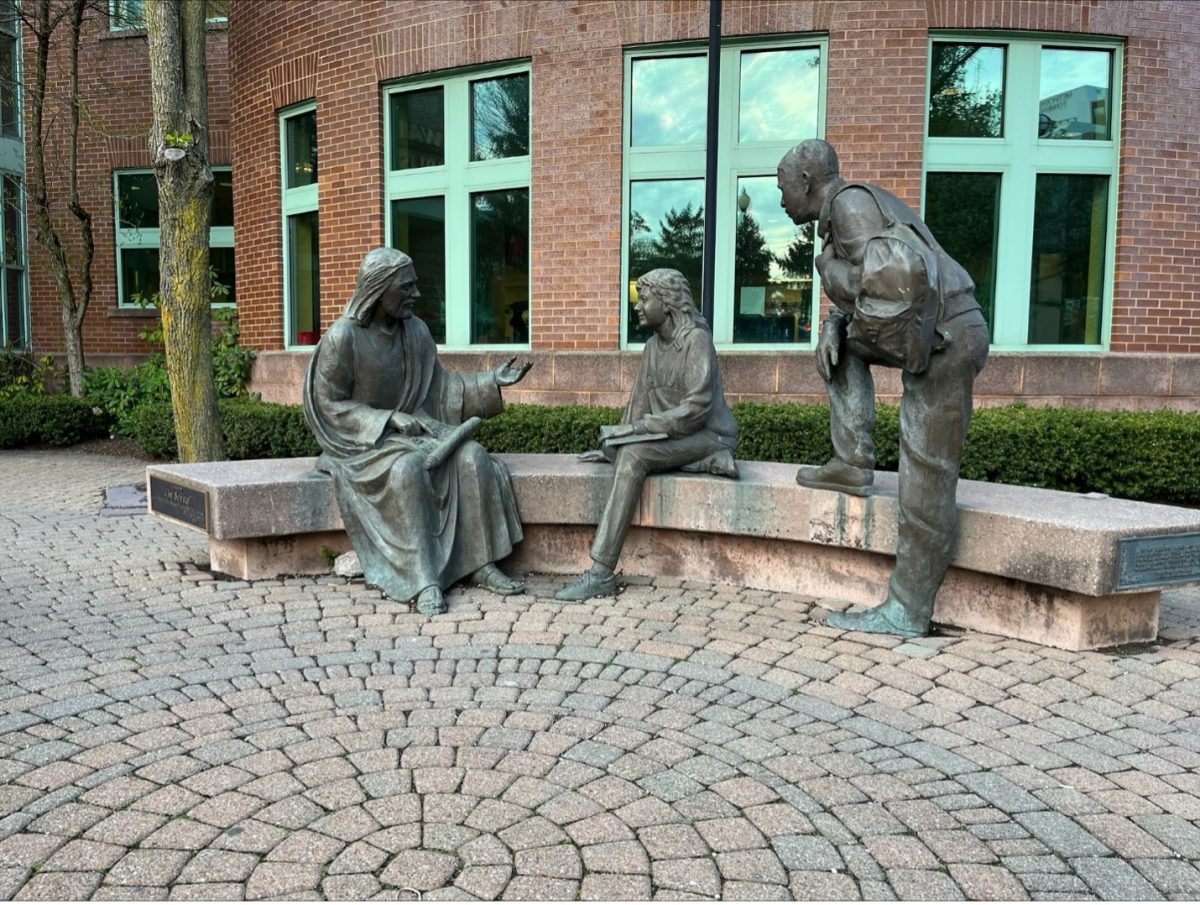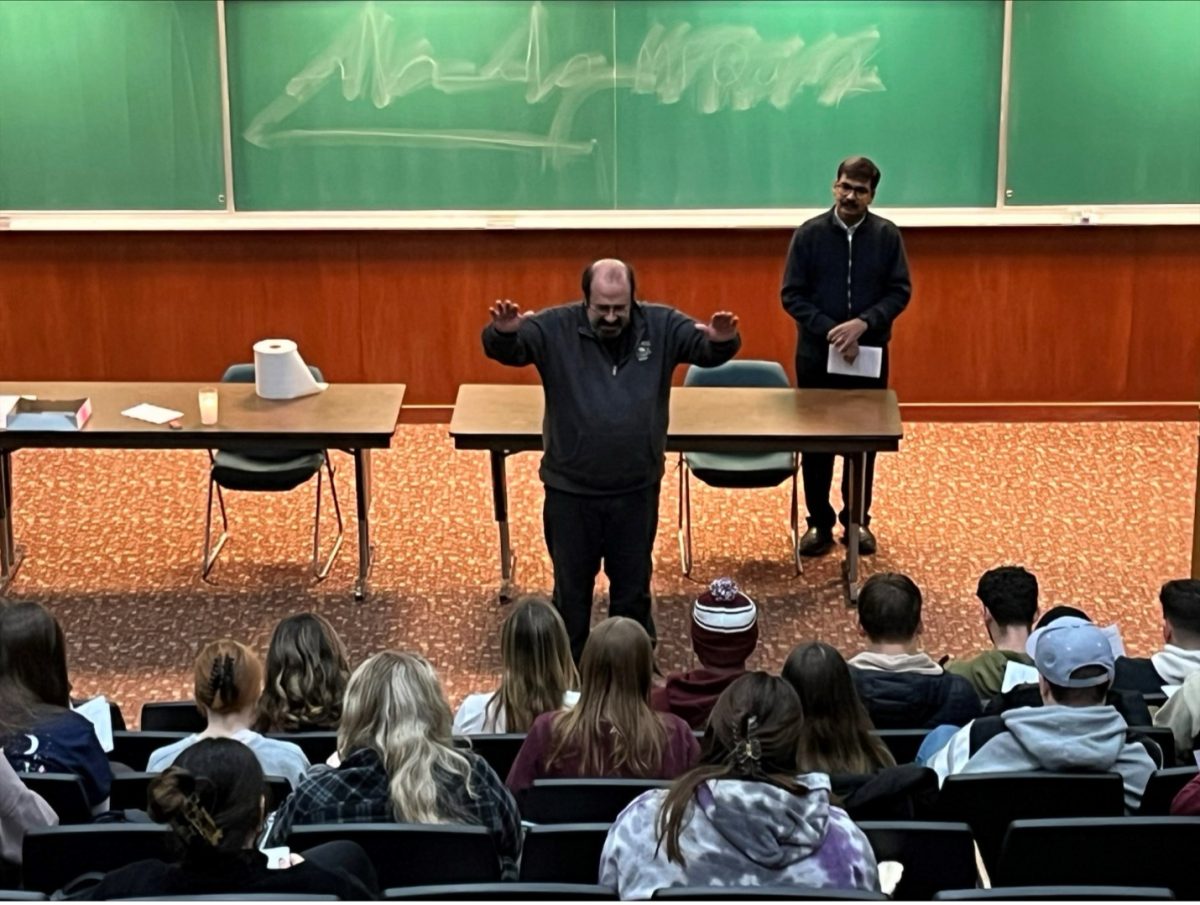December 8, 2023/12 a.m.
Many Christian denominations celebrate Advent, a season which features joyfully waiting for the coming of Jesus, their Messiah/Christ, at Christmas. This liturgical period is typically observed for three or four weeks leading up to Jesus’ birth on December 25.
Jesus’ birth is a pivotal event for Christians where the faithful recall Christ’s coming into the world as a humble baby into a human family at Bethlehem. For Catholics, this great miracle is prefigured and set in motion by the trusting, obedient, and sinless heart of the Blessed Virgin Mary, Jesus’ mother. Catholics celebrate her own conception in the womb of her mother, Anne, on December 8.
This event is known as the Immaculate Conception, when Mary was conceived sinless and immaculate in the womb of her own mother. Mary, acknowledged as the mother of God by virtue of bearing and raising the child Jesus — professed by Christians to be the only begotten son of God (cf. John 3:16) – received a special place and role in Salvation History.
Throughout the centuries, she has been venerated by Catholics, even from the beginnings of the religion, as the Theotokos, or “mother of God” as she is called in Luke 1:43. The Church’s Council of Ephesus in 431 normalized the term Theotokos and proclaimed Mary to be the God-bearer. This belief and terminology persist today, most especially in the Eastern rites of the Catholic Church. For Mary to receive, nurture, and raise God in her womb, Catholics also believe her to be sinless and “full of grace” (Luke 1:28), specifically, a singular, “prevenient” grace given to her in advance of the salvation brought by Jesus’ death and resurrection.
Exactly nine months after the Immaculate Conception, which recalls Mary’s conception, the Catholic Church celebrates her birthday on September 8. Christianity celebrates Jesus’ birthday on December 25, Christmas. Exactly nine months prior on March 25, the Catholic Church celebrates his own conception by the power of the Holy Spirit and willingness of Mary during the Annunciation (see Luke 1: 26-38).
The understanding of Mary’s own conception and life being sinless can be found in some of the earliest writings of the Fathers of the Church and had been debated by medieval theologians. In 1854, Pope Pius IX issued a papal decree entitled Ineffabilis Deus wherein he infallibly declared that Mary was “preserved free from all stain of Original Sin.”
This teaching then became an aspect of Catholic dogma, or mandatory belief. The way in which Pope Pius IX addressed this issue with rare papal infallibility was by exercising solely his right to promulgate a teaching regarding faith and morals from the chair of Saint Peter, ex cathedra in Latin. This dogmatic infallibility has only occurred twice in the Catholic Church’s modern history; by Pope Pius IX in 1854 and by Pope Pius XII regarding Mary’s assumption into Heaven in 1950.
In addition to the Immaculate Conception celebrating Mary’s own sinless conception, it is also a Holy Day of Obligation for all Latin Catholics. Mass times at Gannon’s Mary, Seat of Wisdom Chapel will be at 8:15 and 11:15 on Friday morning, December 8, 2023.










